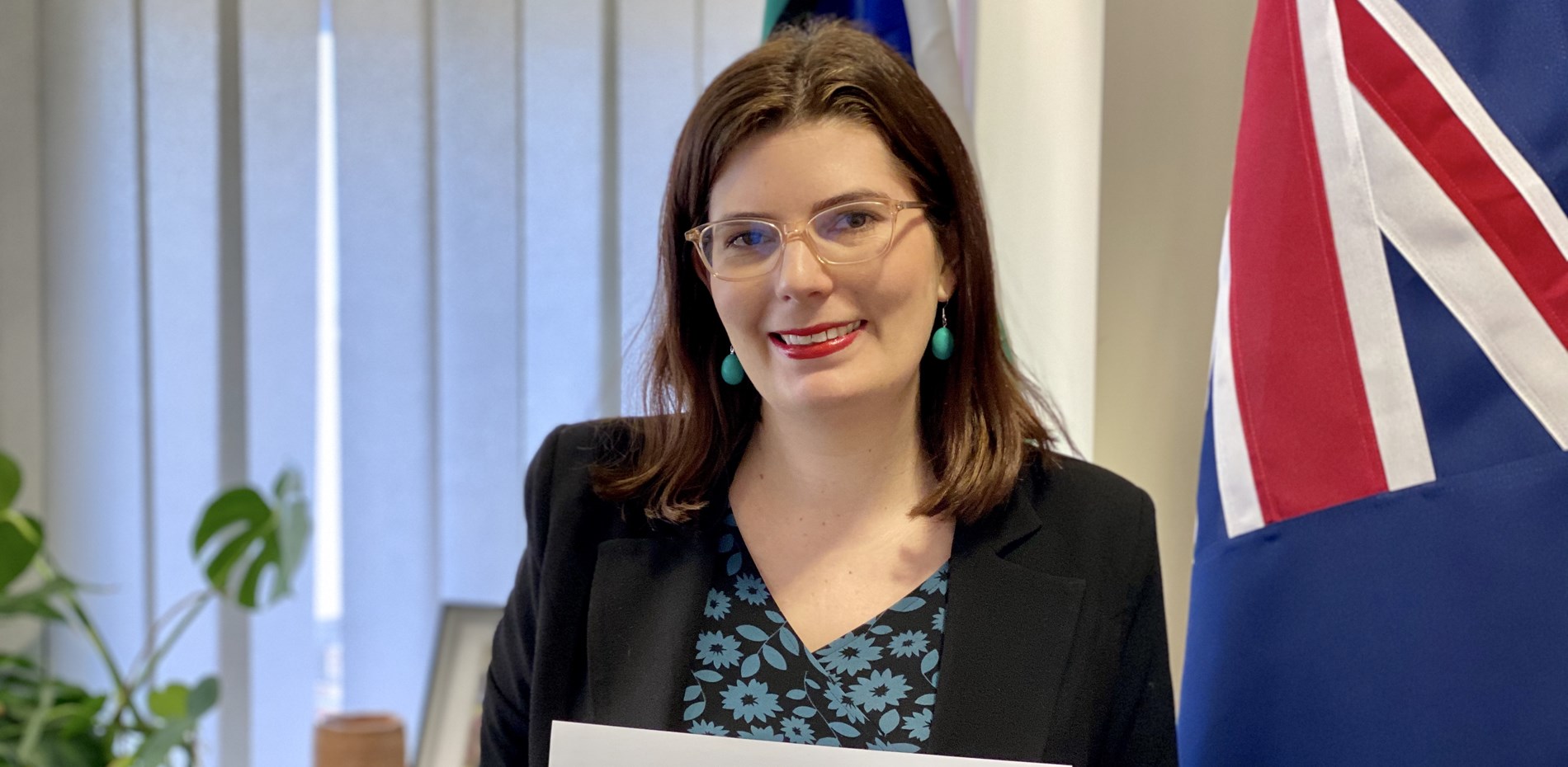COVID-19 has changed all of our lives in many ways; mostly in ways we could have done without.
When responding to change, even the most adaptable and resilient among us often find themselves turning to familiar comforts.
This perhaps explains the surge in people tuning in to Community TV. More than 1 million Australians viewed Community TV during April alone – the peak weeks of the COVID crisis. This included 20 per cent of Adelaide TV viewers turning in to Adelaide’s Community TV channel – C44 – during April.
And as Australians turned back to Community TV in April, C44 stepped up for South Australians. Throughout the COVID-19 crisis, as physical distancing kept us home and apart, C44 brought us together.
It broadcast religious services, allowing people of all ages and technological capabilities no longer able to congregate together to remain connected to their faith community. It continued its long legacy of broadcasting vibrant and diverse multicultural content. Its promotion of local voices helped keep our community strong and connected during challenging times.
But it won’t be able to for much longer.
The broadcast license for C44 expires on 30 June 2020. Without an extension, screens will go blank, and C44 is expected to collapse.
Let’s be clear: there’s no good reason for doing this.
The license could be extended by the Minister for Communications Paul Fletcher at no cost to the Government.
And the Government has no current plans for the spectrum.
There is nothing for the Government to gain from this decision, but plenty for our community to lose.
Community TV shares our local stories. 90 percent of its content is Australian made, creating vital opportunities for local talent and local jobs. Some of our best known presenters and comedians, as well as countless emerging journalists, technicians and students got their start on Community TV.
The Government has tried to justify ending Community TV by arguing that it ought to transition to an online platform. This completely overlooks our digital divide. The fact is not all South Australians have access, or the capability, to switch to an online service.
At a time when social cohesion and our shared national culture and identity should be fostered, ensuring Community TV is available to as many people and is as accessible as possible is vital to ensuring no one is left behind.
Australia has one of the most concentrated media markets in the world. The Government is acutely aware of the impact of COVID-19 on broadcasting, having provided even the best financed commercial media organisations with support. Yet it won’t even lift a pen – which costs nothing – to save Community TV.
Community TV strengthens our community. Let’s foster that strength, not pull the plug on our connectedness.
This Op-Ed was published in InDaily on Wednesday, 24 June 2020.

24 July 2020


